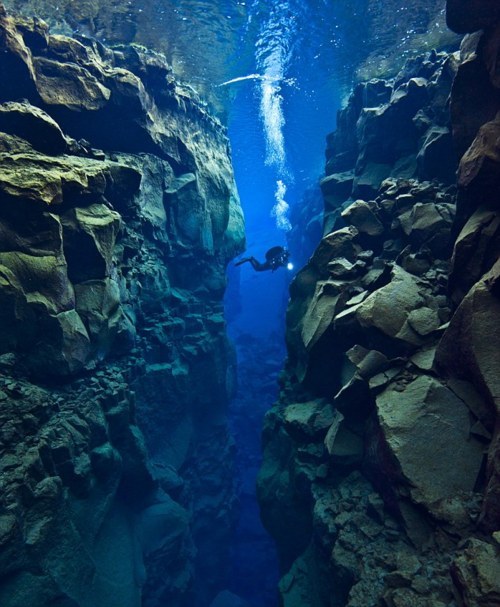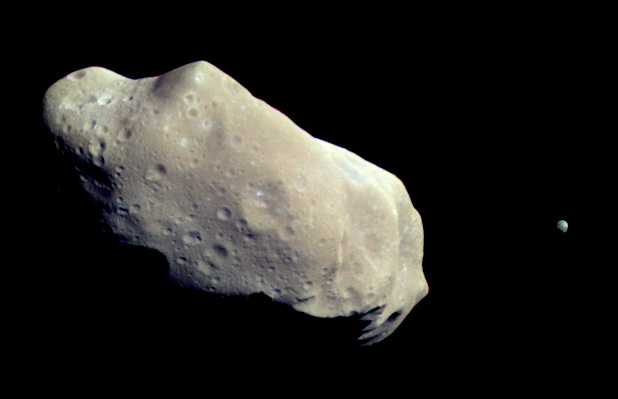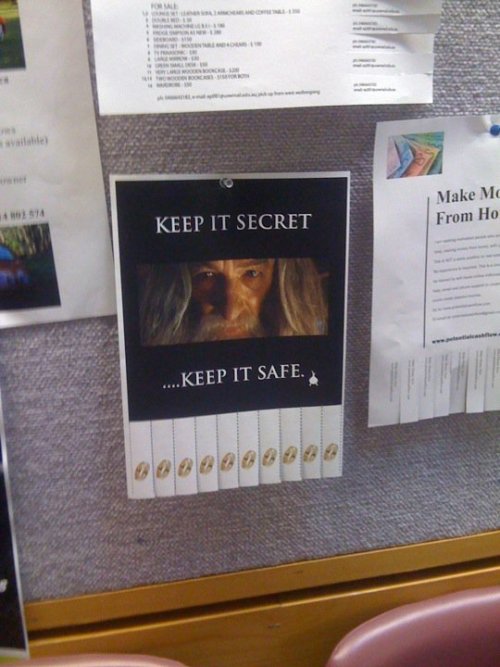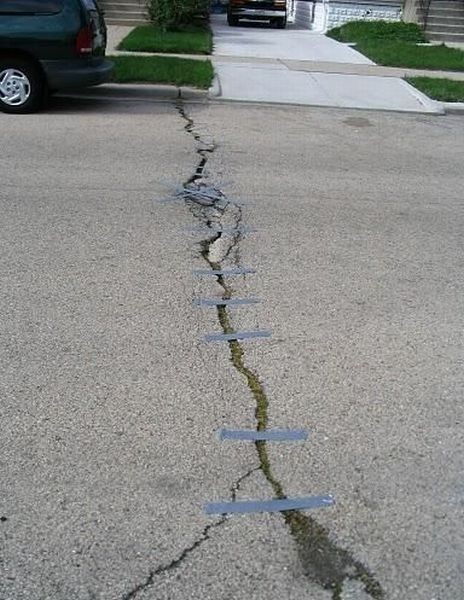Woman of Labrador... so beautiful, so sad:
Is This Your Hat?
11 years ago
Miscellaneous thoughts on politics, people, math, science and other cool (if sometimes frustrating) stuff from somewhere near my favorite coffee shop.
 So in the spirit of demonstrating that I'm not irritated- not in the least- here's a very pretty picture of some person swimming from Europe to North America, or vice versa; I can't tell which side is which. This is Silfra rift in Iceland, from epic4chan, and it truly looks like an experience that would broaden my view of the world. Or slowly widen it, at least.
So in the spirit of demonstrating that I'm not irritated- not in the least- here's a very pretty picture of some person swimming from Europe to North America, or vice versa; I can't tell which side is which. This is Silfra rift in Iceland, from epic4chan, and it truly looks like an experience that would broaden my view of the world. Or slowly widen it, at least.
 Today's In Focus feature is on the Japan earthquake, two months later. Above, a clock submerged by the tsunami records the waterline. I found these photos pretty shocking- the events at the time were plenty shocking enough, but the sheer quantity of debris to be cleaned up and disposed of is difficult to comprehend. A couple of others, #17 and #20, inspire my sometimes warped and generally tasteless sense of humor to caption them along the line of "Silly boats! U no belong there!"
Today's In Focus feature is on the Japan earthquake, two months later. Above, a clock submerged by the tsunami records the waterline. I found these photos pretty shocking- the events at the time were plenty shocking enough, but the sheer quantity of debris to be cleaned up and disposed of is difficult to comprehend. A couple of others, #17 and #20, inspire my sometimes warped and generally tasteless sense of humor to caption them along the line of "Silly boats! U no belong there!" There has been a slew of bad science journalism about this event, and the go-to site for accurate information and media corrections has been Steve Gough's Riparian Rap.
There has been a slew of bad science journalism about this event, and the go-to site for accurate information and media corrections has been Steve Gough's Riparian Rap. Dactyl is that itty-bitty dot to the right, the first known satellite orbiting an asteroid, 243 Ida, which is the larger body to the left. According to Wikipedia,
Dactyl is that itty-bitty dot to the right, the first known satellite orbiting an asteroid, 243 Ida, which is the larger body to the left. According to Wikipedia, Ida's moon, Dactyl, was discovered by mission member Ann Harch in images returned from Galileo. It was named after the Dactyls, creatures which inhabited Mount Ida in Greek mythology. Dactyl, being only 1.4 kilometres (4,600 ft) in diameter, is about one-twentieth the size of Ida. Its orbit around Ida could not be determined with much accuracy. However, the constraints of possible orbits allowed a rough determination of Ida's density, which revealed that it is depleted of metallic minerals. Dactyl and Ida share many characteristics, suggesting a common origin.
 Savage Chickens
Savage Chickens What Would Jack Do?
What Would Jack Do? Saturday Morning Breakfast Cereal
Saturday Morning Breakfast Cereal Okay, I've visualized world peas. Now what? Sober in a Nightclub
Okay, I've visualized world peas. Now what? Sober in a Nightclub Swans On Tea... Ah. I knew there had to be an explanation.
Swans On Tea... Ah. I knew there had to be an explanation. epic4chan
epic4chan Skull Swap
Skull Swap Bits and Pieces
Bits and Pieces Sober in a Nightclub
Sober in a Nightclub I Hate My Parents
I Hate My Parents What Would Jack Do?
What Would Jack Do? Wil Wheaton's Tumblr
Wil Wheaton's Tumblr Bits and Pieces
Bits and Pieces Questionable Content. This is, in fact, exactly what we do with hipsters who move to Oregon.
Questionable Content. This is, in fact, exactly what we do with hipsters who move to Oregon. Surviving the World
Surviving the World Balloon Juice
Balloon Juice Sober in a Nightclub
Sober in a Nightclub Sofa Pizza
Sofa Pizza epic4chan: Marketing for Jayzus, satisfaction garonteed!
epic4chan: Marketing for Jayzus, satisfaction garonteed! Blackadder
Blackadder EpicPonyz... so according to this, I'm somewhere between crazy and wise. I hope that's not news to anyone.
EpicPonyz... so according to this, I'm somewhere between crazy and wise. I hope that's not news to anyone. BizarroBlog
BizarroBlog epic4chan... Stop plate tectonics! With duct tape!
epic4chan... Stop plate tectonics! With duct tape!

